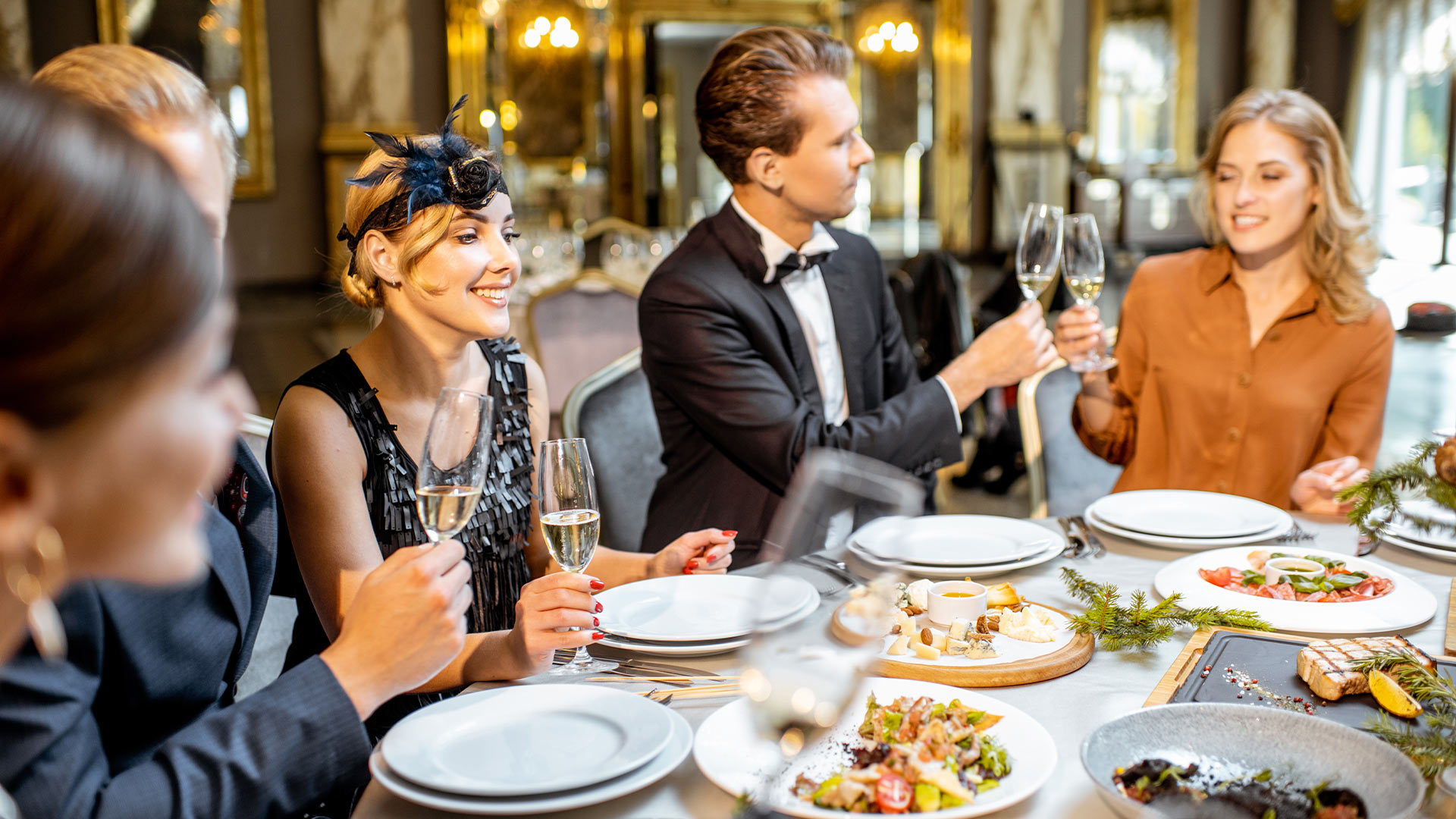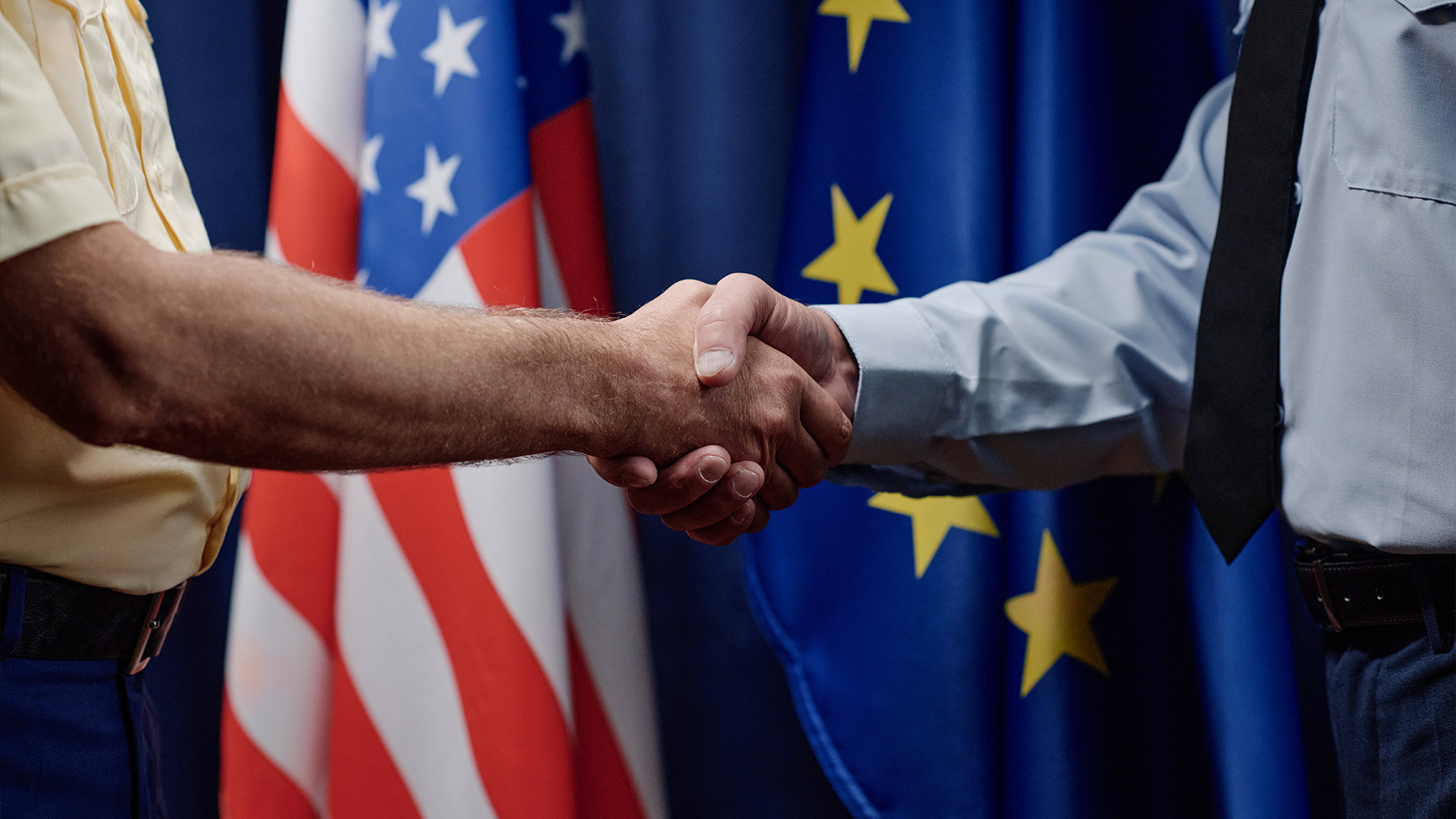Travel Etiquette in the UK: Politeness, Queues & Small Talk
The United Kingdom, made up of England, Scotland, Wales, and Northern Ireland, is known for its rich history, orderly public life, and understated manners. For travelers, understanding British etiquette can go a long way in ensuring smoother interactions and avoiding social faux pas. This guide dives into key aspects of British etiquette: politeness, queuing behavior, and the cultural art of small talk.
1. Politeness is Paramount
Politeness is central to British culture. It's not just about using “please” and “thank you” (though you should always use them)—it's about maintaining calm, respectful, and often indirect communication.
Key Expressions:
- “Please” and “Thank you” should be used liberally, especially with service staff.
- “Excuse me” when interrupting, passing by, or asking a question is standard.
- Apologies are frequent and expected—even for things that aren’t your fault (e.g., “Sorry” when you bump into someone slightly).
General Dos:
- Hold the door open for people behind you.
- Allow people to exit buses or trains before entering.
- Speak at a moderate volume—loud conversations in public are frowned upon.
- Say “Cheers” instead of “Thanks” in casual contexts—it's commonly used in the UK.
Don’ts:
- Avoid boastful or loud behavior—modesty is appreciated.
- Don’t cut people off in conversation.
- Avoid making overly personal comments early in an interaction (especially about income, politics, or weight).
Tip: When in doubt, err on the side of excessive politeness—it’s rarely a mistake in the UK.
2. Queuing: A Cultural Institution
The British take queuing (lining up) seriously. Whether you're waiting for a bus, at a shop checkout, or entering a lift, there is an unspoken but strict code: first come, first served.
How to Queue Properly:
- Always join the back of the line, even if it’s informal or not clearly marked.
- Don’t try to squeeze ahead, even if others aren’t paying attention.
- Maintain reasonable personal space from the person in front of you.
- If you’re unsure, simply ask: “Is this the end of the queue?”
Queue Etiquette in Practice:
- In supermarkets, pubs, post offices, and public transport, people expect proper queuing.
- “Sorry, I think I was next” is a polite way to assert your place if someone skips ahead.
Breaking the queue can lead to visible irritation, sharp looks, or even polite correction.
3. The Art of Small Talk
Small talk is a valuable social tool in the UK and often helps break the ice in both casual and professional settings. British small talk tends to be light, humorous, and rarely invasive.
Common Topics:
- Weather – The safest and most common opener (“Bit chilly today, isn’t it?”)
- Public transport – Delays or service issues are shared experiences.
- Sports – Especially football (soccer), rugby, and cricket.
- TV shows, weekend plans, and pets – All great go-to topics.
What to Avoid:
- Politics and religion—unless you know someone very well.
- Personal income or job-related bragging.
- Overly enthusiastic compliments—keep praise subtle.
Tips:
- Self-deprecating humor works well.
- Avoid dominating the conversation or oversharing.
- Smile, nod, and make eye contact—without being too intense.
4. Dining & Pub Etiquette
Eating and drinking out involves its own set of unspoken rules in the UK, especially in pubs.
In Restaurants:
- Tipping is usually 10–15% if service is not included. It's not mandatory but appreciated.
- Wait to be seated or ask if it’s okay to take a table.
- Don’t shout for a server—make eye contact or raise your hand politely.
In Pubs:
- Order and pay at the bar—table service is uncommon unless it’s a gastropub.
- Take turns buying rounds if you’re with friends (“your round, my round”).
- Tipping in pubs is not expected, though you can tell the bartender “Keep the change” for good service.
5. Public Transport Manners
Whether on the Tube in London or a bus in Glasgow, transport etiquette in the UK is strict.
Do:
- Let passengers off first before boarding.
- Stand on the right side of escalators—the left side is for walking.
- Give up priority seats for elderly, disabled, or pregnant passengers.
- Keep music and phone calls quiet and discreet.
Don’t:
- Eat messy food or snacks with strong odors.
- Make eye contact for too long or talk loudly.
- Block doorways or rush into closing train doors.
Silence on the Tube is common—don’t be surprised if no one is talking.
6. Visiting Homes & Social Invitations
If you're invited to someone’s home, consider it a thoughtful gesture and respond with equal politeness.
Guidelines:
- Bring a small gift like wine, flowers, or dessert.
- Arrive on time, but being 5–10 minutes late is acceptable.
- Wait to be offered a drink or to sit down before making yourself comfortable.
- Say “thank you for having me” when you leave and consider sending a follow-up message or note.
7. Final Tips for Travelers
- Be indirect if giving criticism or refusing something. “I’m not sure about that” or “Maybe another time” softens the blow.
- Body language should be calm—avoid dramatic gestures.
- Humor is dry and ironic, often with sarcasm—don't take every comment literally.
- Respect personal space—keep at least an arm’s length in conversation.
Conclusion
British etiquette may seem subtle, but it plays a big role in making a good impression. Remember: queue patiently, speak politely, and master the gentle art of small talk. While customs vary slightly across regions in the UK, the emphasis on courtesy, understatement, and respect for personal boundaries is universal.
Adapt your tone, be observant, and follow the local lead. Most Brits appreciate a well-mannered traveler who makes an effort to respect the cultural code.


